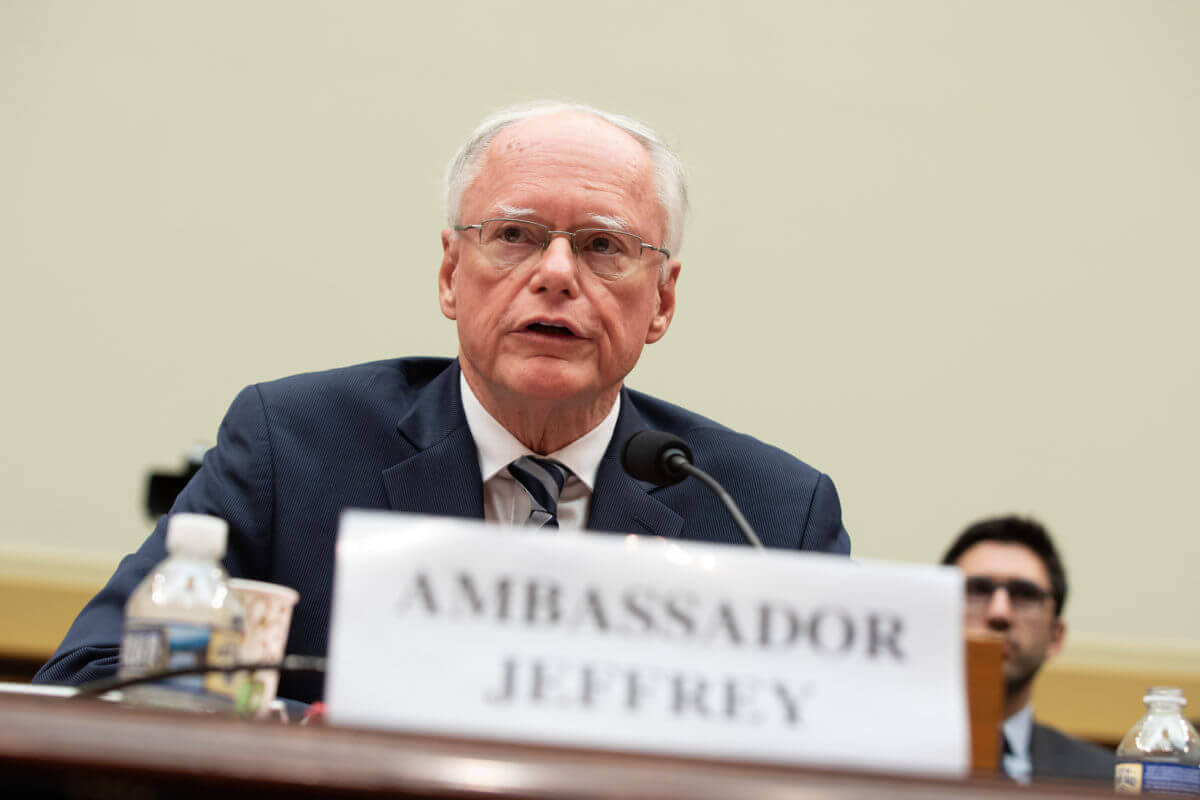The United States has threatened the United Arab Emirates (UAE) with sanctions under the Caesar Act, which is targeted towards weakening the President Bashar al-Assad regime in Syria. During a press conference, James Franklin Jeffrey, the US Special Representative for Syria Engagement, announced that the UAE could be the next target of its sanctions if it continues to push normalization with the Assad regime.
The Caesar Civilian Protection Act, which turned into law in the US on Wednesday, is a legislation that is at the core of American efforts to stifle the Assad regime and “deliver justice” to those who have perpetrated war crimes over the war-torn country’s conflict that has spanned over nine years. The law imposes economic sanctions on 39 individuals and companies allied with the Syrian regime, in an apparent bid to starve the government of funds and pressure Assad into entering UN-brokered peace talks.
Last December, a series of public statements circulated brought eyes on the UAE’s sudden rapprochement with Syrian officials. It was revealed that Abdul Hakim Naimi, the Emirati Chargé D’Affaires in Syria, had praised Assad for his “wise leadership” and hailed the relationship between the two countries as distinct and strong. Syria’s Deputy Foreign Minister, Faisal Mekdad, had responded to the comments by praising Abu Dhabi for standing by the government in its “war against terrorism”.
The UAE’s change in posturing from its earlier alliance to Riyadh and Doha’s opposition to the Syrian regime has three main motivations. Firstly, Emirati officials are aligned with Assad’s opposition of Islamist movements and their influence in the country. Secondly, Abu Dhabi has conveyed that Assad could be dissuaded from empowering its relations with Iran if it receives diplomatic recognition. Lastly, the UAE-Syria relationship received new impetus due to their shared opposition to Turkish military intervention in the northern parts of the country. Initially, the UAE had sought to stop Ankara by associating itself with Syrian Kurdish groups, but it has now transitioned towards supporting Damascus in its entirety.
See also: Assessing the UAE’s Role in Yemen and Libya
During Jeffrey’s press conference, he insinuated that the UAE is aware of the steps that the US can take to cripple its influence in the region, stressing that Washington has made it clear that “this is a bad idea” after the UAE opened its embassy in Damascus in 2018. Jeffrey made further threats that the involvement of UAE in Syria could be “very troubling” for the region as it is non-conductive with the UN Security Council resolution for a peaceful end to the conflict. He ended by saying that all Emirati individuals or companies violating the Caesar Act will be sanctioned.
This is the first proper sanction threat to the UAE for its intervention in any Middle Eastern conflict. In May, France had blocked the entry of UAE vessels into an eastern Libyan port due to Abu Dhabi’s violations of a UN arms embargo to the country; yet, neither Paris nor any other Western country has threatened sanctions on the Gulf power so far for its destabilizing actions in the region.
Image Source: Middle East Monitor

